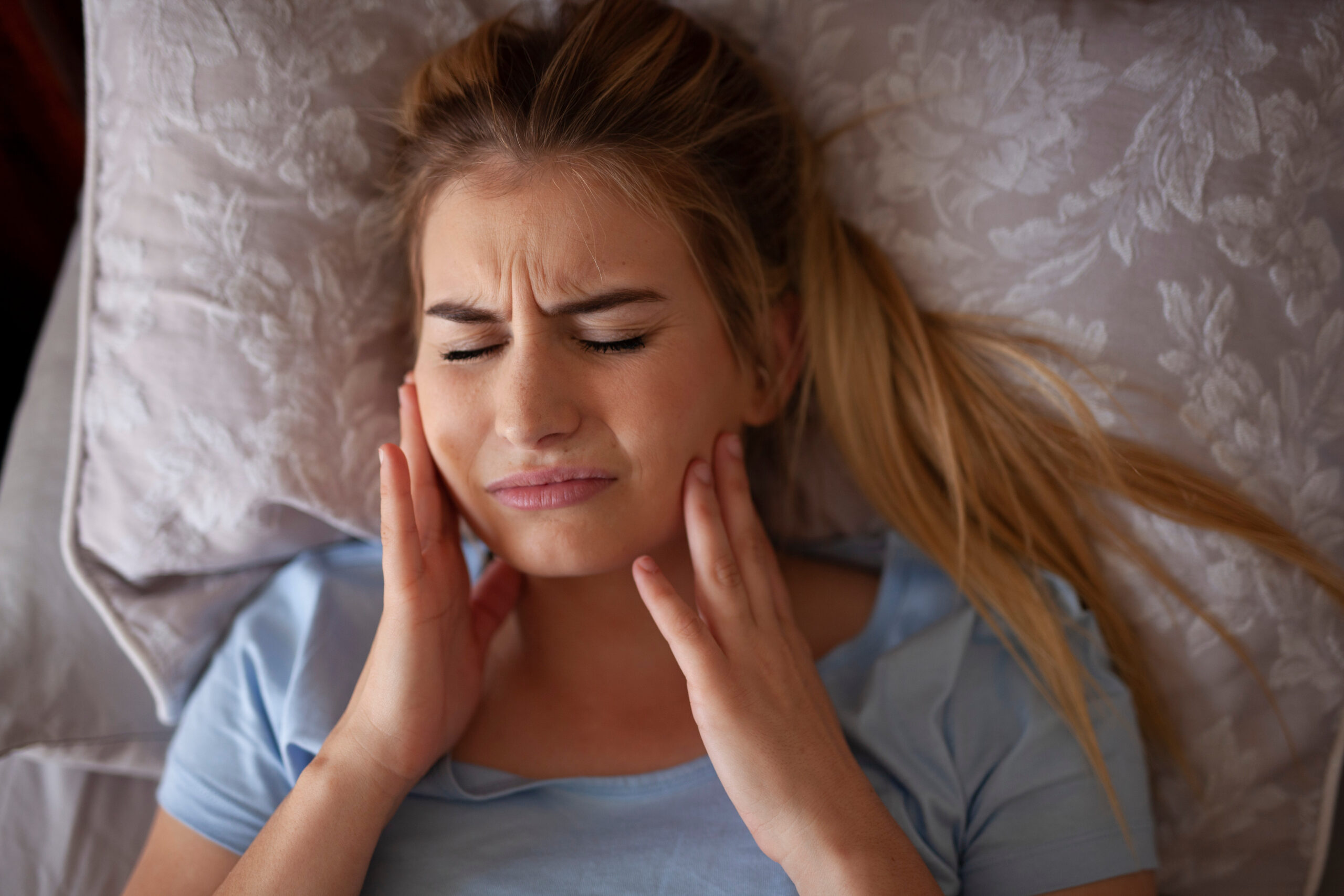Maintaining strong teeth and a healthy smile is crucial, and practicing good oral hygiene is the key. One of the essential habits for maintaining oral health is brushing your teeth regularly. In this article, we will explore the optimal brushing habits, including how long to brush, the best times to brush, and the benefits of sugar-free gum. If you’re looking for professional dental care, schedule an appointment with our experts today.
How Many Times Should I Brush My Teeth?
To achieve good oral health, it is necessary to brush your teeth twice daily. Brushing once in the morning and once before bed is recommended. Additionally, if feasible, brushing your teeth after lunch is encouraged. If brushing after lunch isn’t possible, thorough rinsing of the mouth can help dislodge food particles and maintain mouth cleanliness.
What Happens If I Brush My Teeth Too Long?
Each brushing session should last at least two minutes. This ensures that your toothbrush reaches all surfaces of your teeth, including the inside, outside, and chewing surfaces. Brushing for too long, however, can have negative consequences. Excessive brushing can lead to the use of excessive force, which may result in tooth enamel erosion and gum damage. These conditions can ultimately cause tooth sensitivity.
How Long After Eating Should I Brush My Teeth?
If you have breakfast before brushing your teeth, it’s recommended to wait for about an hour before brushing. Acidic foods can soften tooth enamel, and brushing immediately after eating can remove the enamel, which acts as a protective layer against tooth decay.
Is It Bad to Eat after Brushing My Teeth?
Eating after brushing your teeth is generally fine. However, if you are prone to cavities, it’s advisable to wait as long as possible after brushing to allow the fluoride in the toothpaste to strengthen your tooth enamel.
Is it OK to Chew Gum after Brushing My Teeth?
Chewing gum after brushing is acceptable, provided it is sugar-free. Sugar-free gum containing artificial sweeteners like sorbitol or xylitol does not cause tooth decay. In fact, chewing sugarless gum for 20 minutes after a meal helps neutralize acids that erode enamel. Other benefits include reducing plaque buildup, stimulating saliva production to combat dry mouth and bad breath, and reducing certain types of bacteria and cancer-causing agents.
What’s the Best Time to Brush My Teeth?
Establish a habit of brushing your teeth once in the morning and again before bed. Use a soft-bristled toothbrush and toothpaste containing fluoride. Nighttime is also the ideal time to floss your teeth, removing food particles that lead to plaque and tooth decay.
Maintaining good oral health requires adopting optimal brushing habits. Brush your teeth twice a day for at least two minutes each time, avoiding excessive force. Wait for about an hour after eating before brushing if you have consumed acidic foods. Chewing sugar-free gum after brushing can provide additional oral health benefits.
For professional dental care and guidance, schedule an appointment with our experts. We offer convenient office hours, walk-in appointments, and affordable care options.







